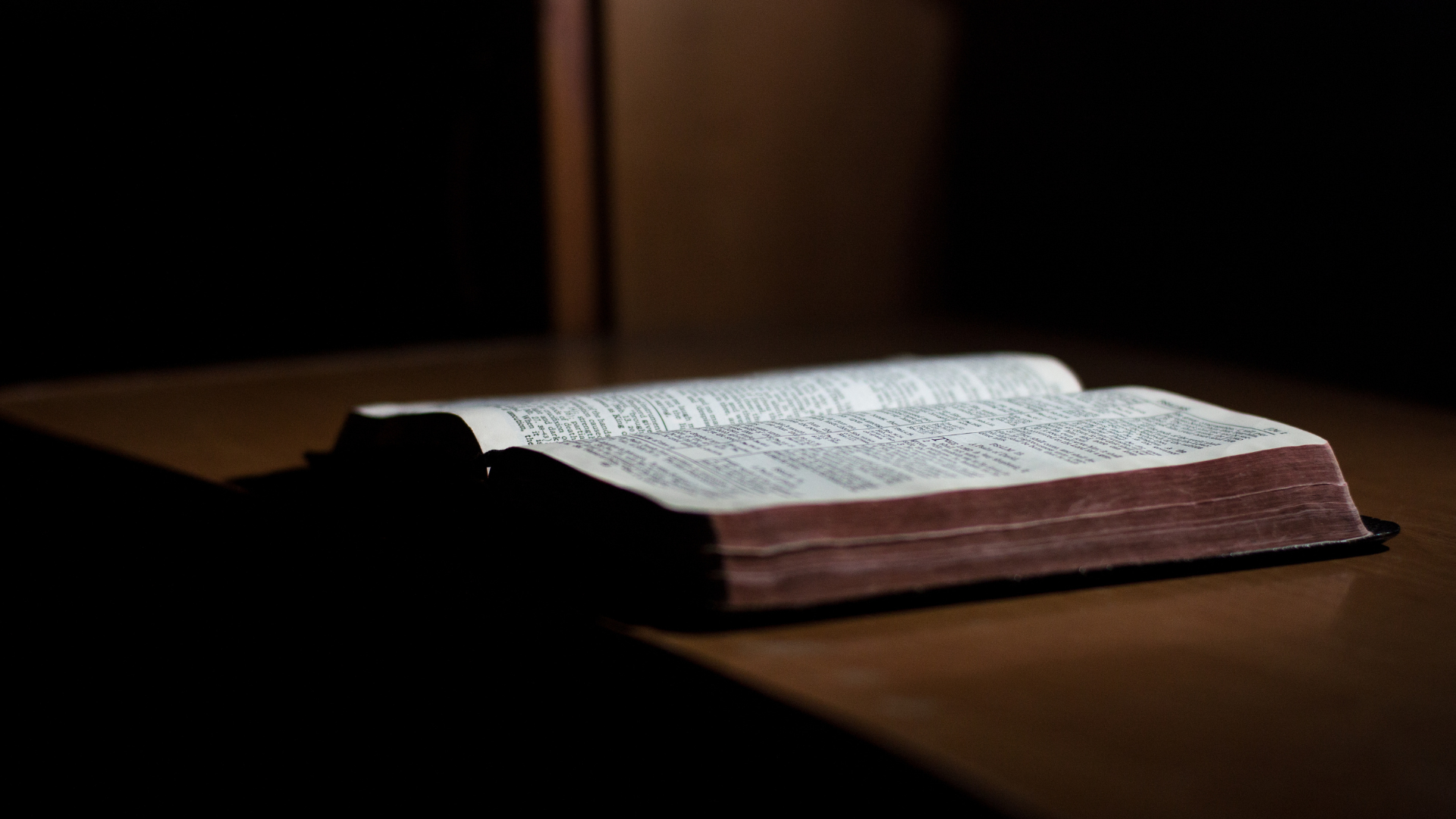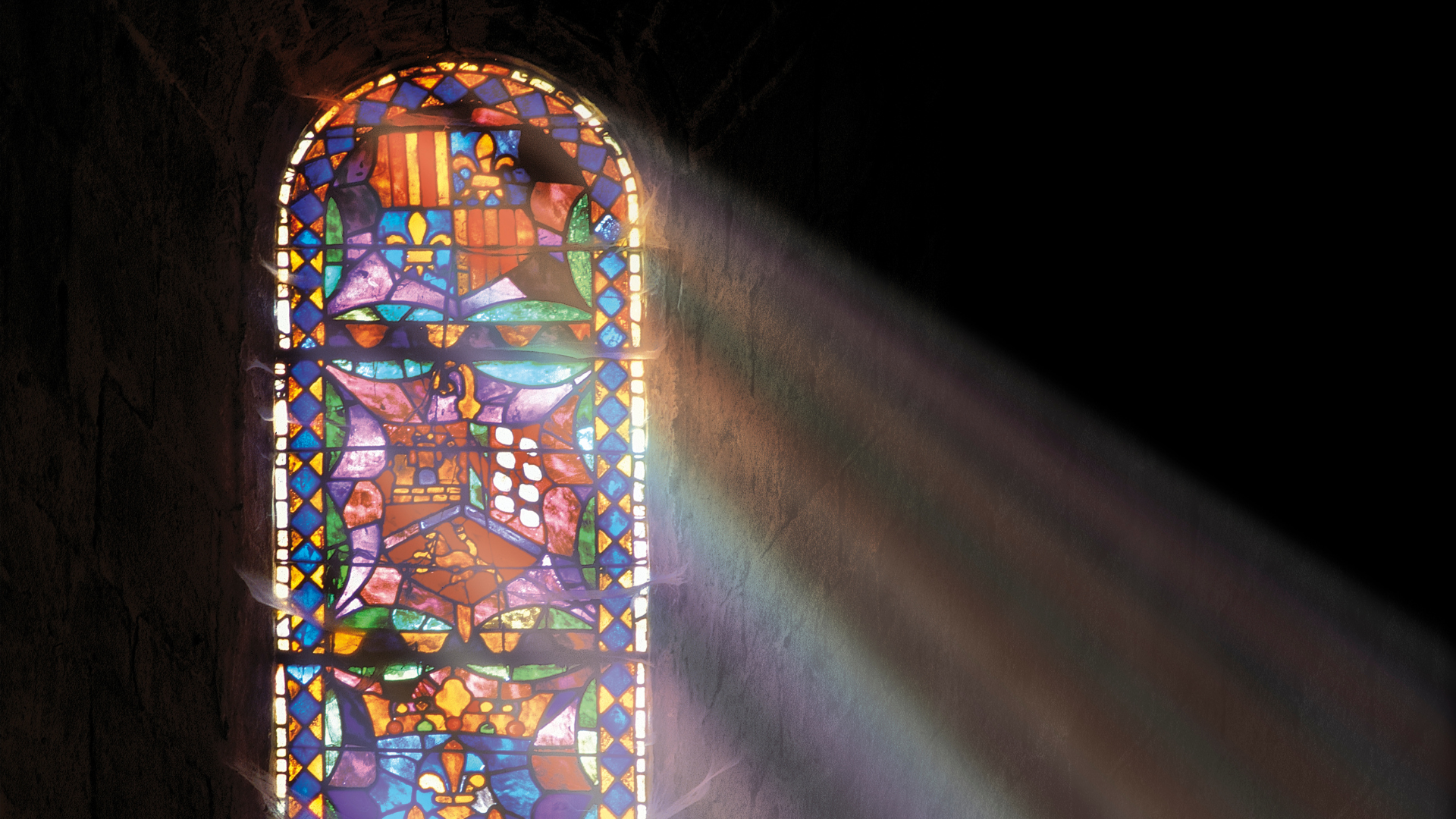The following is adapted from a speech delivered on May 10, 2025, at Hillsdale College’s 173rd Commencement Ceremony.
Before we begin, let me offer a brief contemporary observation. Has anyone noticed how the eyes of the nation have now turned to Hillsdale? This recent interest surpasses even the past considerable attention that Hillsdale has garnered.
One reason for this, of course, is that Harvard University suddenly wishes to be free of Washington, D.C.—at least as long as the current administration remains in office. And yet, in its confusion, Harvard still wishes to maintain over $9 billion in federal subsidies.
In answer, the public has been directing Harvard to consult Hillsdale, whose model disavowal of federal funding is long-standing and principled. Hillsdale’s declination of government money does not hinge on any particular administration, Republican or Democrat, being in power. Instead, Hillsdale has taken the position that the federal government should not dictate to private colleges, and that to ensure its independence, Hillsdale will neither seek nor accept taxpayer subsidies.
Another reason for the attention being given Hillsdale is that the Department of Education, in seeking to restore civic and classical education, looks in Hillsdale’s direction. If, in the past, Hillsdale was an atoll of common sense—a sanctuary of all that remains good in the largely lost and aimless landscape of American higher education—today it is more the nation’s guide to the rediscovery of personal integrity, gratitude to the old breed that came before, and happiness and hope about the future. In other words, Hillsdale College has become the nation’s 21st-century example of what higher education should be—and might still become.
So today, I would like to reflect on these three sometimes-forgotten American virtues—honor, tradition, and optimism—which are embodied on the Hillsdale campus and will serve to guide today’s graduates in the years ahead.
For 21 consecutive autumns, Hillsdale has graciously hosted me as a visiting professor of history and classics. Looking back on my first time here, in 2004, I was immediately struck by three observations that seemed unique in my decades-long associations with a number of other college campuses.
First, on my first full day here, I realized that I had left a bicycle unlocked on campus overnight. I walked to campus that morning expecting my bike to be either vandalized or stolen, yet there it was in the center of a now crowded campus—just as I had left it. That was something I couldn’t imagine happening on a modern college campus. I had certainly never seen anything like it in California where I had then been teaching for over two decades.
Second, that same day, when I visited the bookstore to check on the book orders for my two classes, I scanned the shelves and was equally stunned. I did not see a single course listing with the usual faddish “studies” suffix. There were no therapeutic course titles like peace studies, environmental studies, leisure studies, film studies, ethnic studies, gender studies, or sexual studies. Instead, there were courses listed in all classical aspects of philosophy, literature, languages, history, mathematics, and science. Here at Hillsdale I found only the disciplines that have endured for centuries and that, ironically, have encompassed and grounded the content of the “studies” classes not found on the Hillsdale campus.
What a strange thing, I thought, given the current landscape of higher education, for this contemporary American college to trust in the brilliance of some 2,500 years of prior Western educators—who in Athens, Rome, and Jerusalem founded the disciplines and boundaries of their all-encompassing knowledge. And how much odder that at Hillsdale, almost uniquely, these classes remain constant and unchanged from their inception—even as academia as a whole believes that modernistic courses and novel therapies are needed to explain a supposedly new and ever-changing human nature.
And my third observation upon first arriving here was that students, faculty, and staff at Hillsdale College are happy. They smile. They say hello to strangers. They shake your hand. A shared confidence is entirely natural here. It is innate to the point that when I, the stranger, initially remarked on the rare upbeat mood of the campus, people here thought I was the strange one for expecting anything else.
We might shrug over how trivial this observation seems. But in fact, it is a glimpse into the fundamental Hillsdale notion of confidence in our civilization and the need for fellowship and positivity to preserve it. Such happiness is quite different from what one finds on most other campuses, where the youthful frown is now the normal expression. People pass each other by with a cold absence of greeting—as if proof of pseudo-sophistication. They often express a dourness of contrived seriousness and maturity. Students elsewhere seem to think that they alone—unlike electricians, farmers, and assembly line workers—bear the weight of global grievances and imperfections, past, present, and future. But not at Hillsdale.
Behind these three seemingly mundane observations of a bicycle left alone overnight, a bookstore unaffected by academic fads, and a buoyancy within the Hillsdale community remain larger truths.
Honor
You students of the Class of 2025 have been instructed in, have absorbed fully, and will pass on a code of honorable conduct that has become a natural part of who you are. And it will remain with you on the long road ahead. Hillsdale has taught you not to worry if you are not one with the current majority of youth, because you are certainly one with most of the past—and future—generations. Your confidence in your code of ethical comportment and personal standards will be your legacy to help guide future cohorts to come. Because your values are real, permanent, and ancient, you will not be won over by those who justify their lapses of behavior by situational ethics or feelings of victimization. Without such individual vows of honesty and compassion for others, civilization in aggregate cannot be sustained. It instead descends into the age-old banes of tribalism, disunity, and chaos.
Students at Hillsdale do not steal bicycles because their personal code of honor forbids it; because they are concerned that the poor victim would suffer without his property; and because they know that if this was common practice, then their own culture and civilization would crumble—as indeed it has in many places in America today.
Much of our society’s current crisis derives from this personal refusal or inability to respect the property of others, to tell the truth, to stand up to the bully, to protect the weaker, and to end each day in contemplation that you were more a moral force for the common good than either a neutral observer or on the wrong side of the ethical ledger. When individual behavior and decorum falter, so does a country, which is, after all, only the common reflection of millions of its individuals.
Tradition
The character of the Hillsdale student is nurtured and sustained by tradition—a word derived from the Latin noun traditio, meaning a transmission or handing down. So often in the age of presentism, we in our narcissism and arrogance confuse our technical and material successes with automatic moral progress. We seem unaware that thinkers of the past—as early as the Greek poet Hesiod, some 2,700 years ago—worried about just the opposite: they worried that material progress and greater wealth would result in moral regress, given the greater opportunities to gratify the appetites with perceived fewer consequences and to use sophistry to excuse the sin.
Likewise, without traditional reverence for the past, an ungrateful nation not only suffers a loss of knowledge but is plagued by hubris—so often the twin of ignorance—believing that it alone has discovered ideas and behaviors unique to itself and its own era, when they are in fact ancient. This closed mindset seeks a kind of perfection, a heaven on earth, instead of the good—and it ends up obtaining neither.
Are we not instead the sum total of all those who came before us, who for the most part here in America left us a constitutional system and infrastructure that allowed us to start our lives both materially and civically, in terms of freedom, far ahead of those in the past and those elsewhere today? Key to the endangered idea of reverence for the past is a recognition that it is neither fair nor just to dismiss easily those of earlier generations based solely on the standards of the present. Instead, we must remember the different circumstances faced by previous generations—circumstances like incurable illnesses, short life expectancy, and work entailing existential danger and physical drudgery. Yet our ancestors were able to endure suffering and challenges that we now can scarcely imagine.
The Hillsdale reverence for the Western tradition and the American past is a reminder that we should not easily condemn and erase the dead, lest we and our times be judged capriciously by future generations and found wanting—whether for the medievalism of our dangerous cities, the electronic cruelty of the Internet, or the fragmentation of the family.
Optimism
I wish to end on a happy note, in the manner I first encountered the Hillsdale College community.
Your generation is now witness to a counterrevolution of sorts. Millions of Americans are asking for a reexamination of our culture and society with an eye to restoring ancient decency and looking to the good of past generations. Critical to this restoration is your optimism. Such positivity is the child of gratitude for all that we have inherited and all that we wish to enhance and pass on to others not yet born. With optimism and confidence in the citizenry, a civilization grows rather than shrinks. It becomes secure, not depressed or beset by self-loathing. It looks to the future with reverence for the past, rather than with shame or hatred.
Of course, it is now chic to be moody and pessimistic and uncool to be upbeat and cheerful. But the strength of this country—even in its darkest days like those of April 12, 1861, or December 7, 1941, or September 11, 2001—has always been its singular ability to remain not just unshaken, but confident in its values, its resilience, and its inherent strength to overcome all challenges.
In this current counterrevolution of sorts, it is neither the duty nor the desire of Hillsdale to become a political player. Nonetheless, the nation looks for guidance and the reassurance of the old wisdom. Therefore it is only natural, as I have said, that Hillsdale College and its moral and intellectual architecture have become preeminent to a degree scarcely imaginable in the past.
So you, the Class of 2025, as Hillsdale graduates, will be asked by your peers to provide guidance as never before. And I am confident that by your education, your code of comportment, your reverence, and your optimism, you will become natural leaders and exemplars in whatever paths you follow—in the era to come that will be America’s greatest renaissance and also, I think, its most decent.
Thank you, and may God bless you all.











